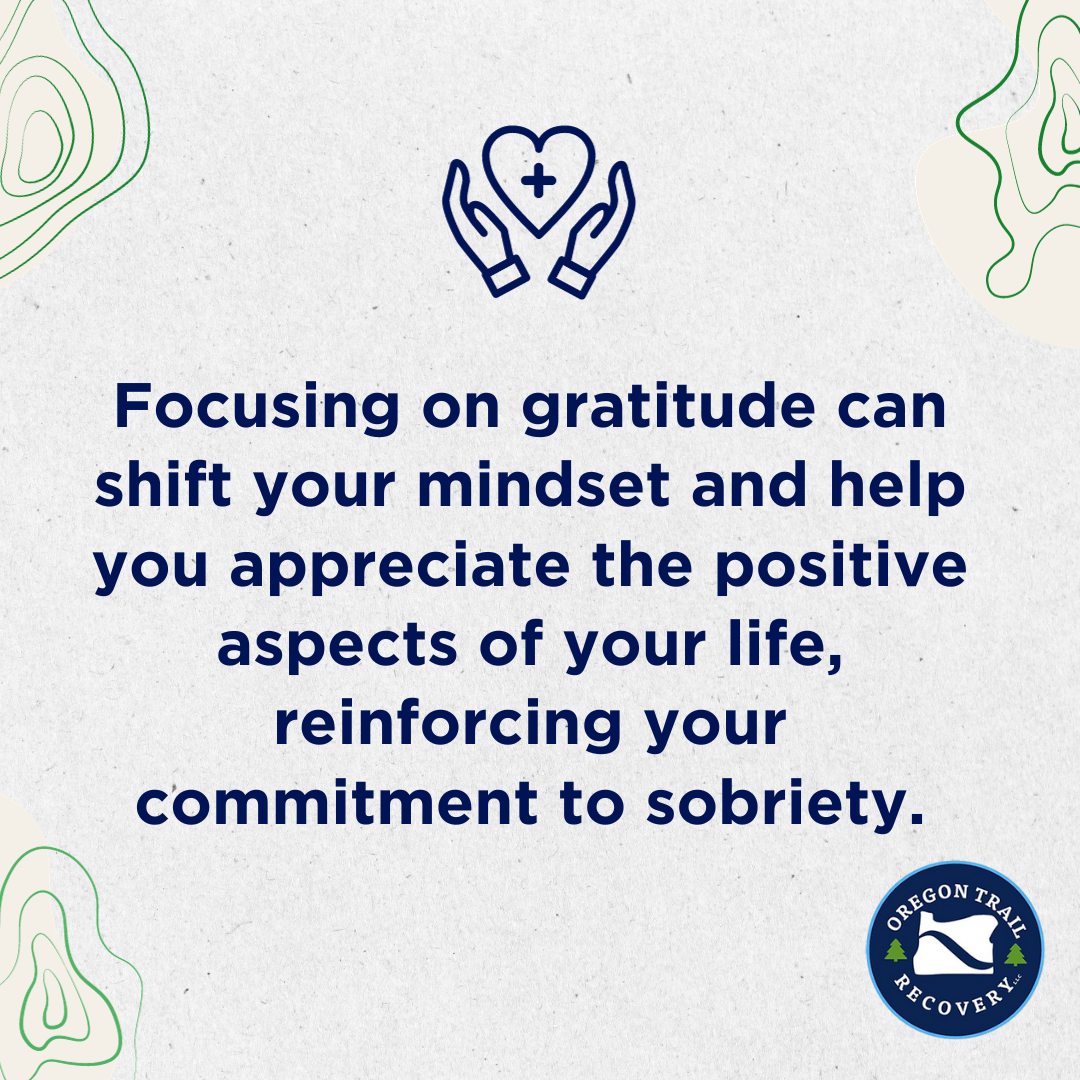
The holidays are a time for joy and celebration when spent with family. But, if you're attempting to have an alcohol-free vacation, you can take action to keep up your sobriety on Thanksgiving if you find it difficult. Maintaining sobriety during festive holidays, such as Thanksgiving, can be challenging due to various factors. Social events often involve alcohol, and there might be pressure from others to drink. Thus, there may be pressure to create a perfect holiday experience, leading to stress and the temptation to use substances.Early preparation and proactive measures empower individuals in recovery to face challenges with resilience and determination. Acknowledging how far you've come can boost your confidence and motivation. These measures serve as a reminder of the positive changes you've made and reinforce your commitment to sobriety during festive holidays and beyond. Read on to find out more about typical holiday triggers, how to avoid them so you can stay sober throughout the season of giving, and why therapy and professional guidance are the best allies on your sobriety journey.

Many people view the holidays as an opportunity to spend beautiful moments with their loved ones. However, this time of year can be incredibly challenging for those who have a substance use disorder.The Centers for Disease Control (CDC) states that those who are dependent on drugs or alcohol may experience additional triggers around the holidays, which could lead to increased drug or alcohol use. It's conceivable that alcohol and any other illegal substance would be included in pursuits like watching a football game or getting back in touch with familiar faces during the holidays. The evening before Thanksgiving is now referred to as Blackout Wednesday due to the significant rise in alcohol consumption in the United States. Blackout Wednesday is a favorite time for people to overindulge in alcohol as most individuals have the following day free from work or school.According to the Dietary Guidelines for Americans, a woman should have one drink of alcohol per day, and a man should not consume more than two. Nonetheless, according to research, 52.5% of individuals in the 25–34 demographic drink three or more drinks on Thanksgiving, above the daily recommended limit. Those in the 55–64 age range rank next, with 51.3% of them consuming three or more drinks on Thanksgiving.
Holiday triggers are certain events, incidents, or elements that arise during celebratory times that put a person's sobriety or mental health at stake. Although these may differ from person to person, some common triggers for holidays are as follows:
Understanding these triggers is crucial for developing effective coping strategies. Individuals in recovery need to anticipate these challenges, plan, and establish a support system to navigate the holiday season successfully.

Thanksgiving is an opportunity to create positive memories with loved ones. Staying sober allows individuals to fully engage in and enjoy these moments, fostering a sense of fulfillment and happiness. Here are some tips to help navigate this festive season while staying focused on your sobriety:
Plan your Thanksgiving celebration, including where you'll be, who you'll be with, and what activities will take place. Planning helps reduce uncertainty and allows you to anticipate potential triggers, making it easier to prepare and implement coping strategies.
Attend Thanksgiving celebrations with supportive friends or family members who are aware of your commitment to sobriety. Maintaining connections with those who understand your journey provides ongoing support and encouragement.
Embrace and create non-alcoholic traditions for Thanksgiving. This might include unique dishes, games, or activities. Shifting the focus away from alcohol helps redefine the holiday experience and reinforces the idea that celebrations can be enjoyable without substances.

Develop assertive yet polite ways to decline offers of alcoholic beverages. Being prepared with a firm but courteous response helps you navigate social situations without feeling pressured to drink.
Plan an exit strategy if you find yourself in an environment that feels uncomfortable or triggering. Knowing how to exit a situation gracefully can prevent feelings of being overwhelmed and give you the option to remove yourself from challenging environments.
Take time to reflect on what you're grateful for during the holiday season. Focusing on gratitude can shift your mindset and help you appreciate the positive aspects of your life, reinforcing your commitment to sobriety.
Therapy sessions during the holiday season can provide a safe space to discuss specific challenges, triggers, and emotions associated with the festivities. Therapists also provide a consistent source of emotional support, helping individuals process complex emotions related to family dynamics, loneliness, or past traumas.Among those in recovery, sober communities and support groups foster an environment of acceptance and understanding. It strengthens one's sense of community and lessens feelings of solitude when people share their successes, problems, and stories with others going through similar experiences.Both therapy and sober communities contribute to a comprehensive support system, offering individuals in recovery a range of resources to navigate the holidays successfully, prevent relapse, and ensure a positive and sober experience.

A lot of Americans associate the end of the year with warm, fuzzy fires, large Thanksgiving and joyful family gatherings around a Christmas tree. For some, though, the holidays may be a much more dreary and trying time of year filled with loneliness, grief, family strife, and seasonal depression.Holiday triggers might vary for people in recovery. Still, specific recurring themes could make it harder to stay sober during the holidays, such as family dynamics, memories, and holiday stress.It's okay to prioritize your sobriety during the holidays. Developing a proactive plan and utilizing these tips can help you navigate Thanksgiving with confidence and resilience. If you find yourself struggling, feel free to reach out to your support network or seek professional assistance. The combination of professional guidance, peer support, and specialized programs enhances the individual's ability to maintain sobriety, manage stress, and build a fulfilling life in recovery.Celebrate the holidays and allow yourself to be happy as you partner with Oregon Trail Recovery and experience the wonder and adrenaline of each new day that comes along.